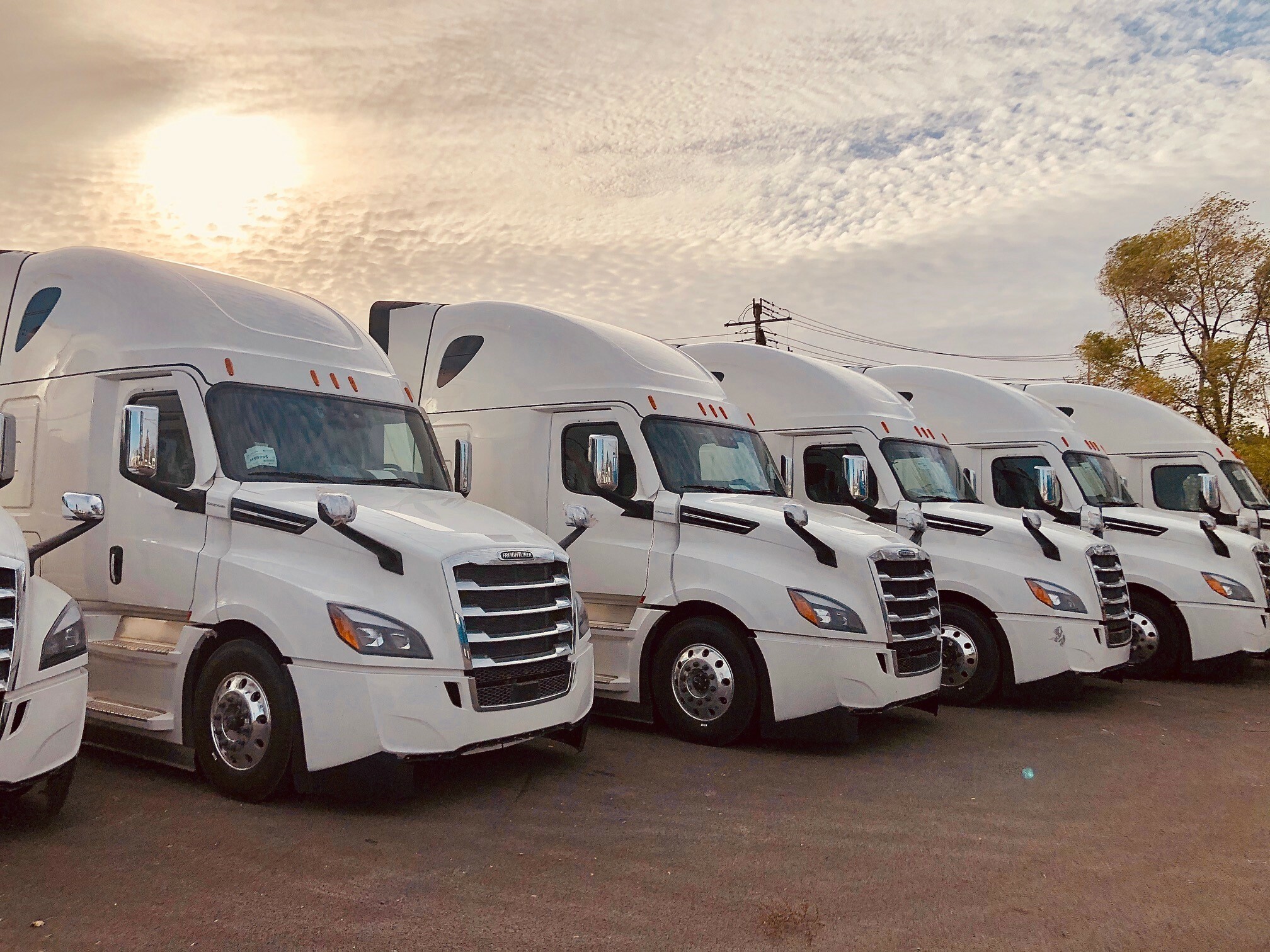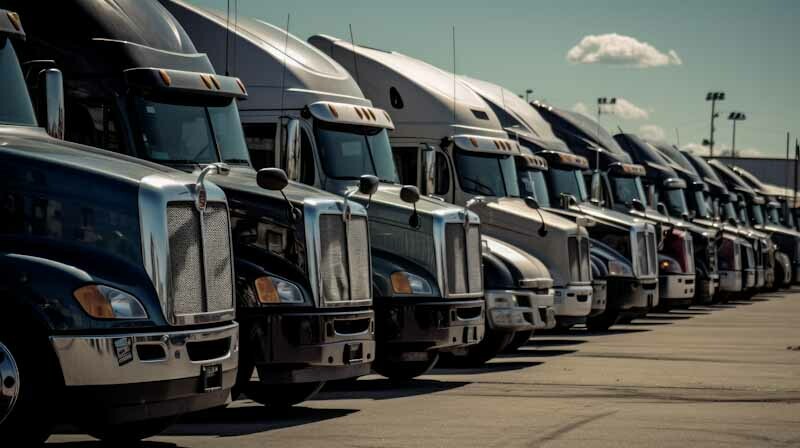Trucking industry outlook going into 2020 – is it time to panic yet?
Sep 12, 2019 in Trucking Industry, Insurance 101The trucking industry is in a bind. Squeezed by forces beyond its control is it time to trim operations down.
There are many economic and political factors that will affect trucking industry in 2020.
- The slowing US economy. There is no doubt that the economy is slowing. All the macroeconomic factors are pointing in this direction. Trucking companies are feeling it before other industries in the spot rates squeeze and overcapacity. Companies’ business investment is slowing due to the global economy slowdown, the trade policy and the general expectation among business executives that the expansion was going for too long and it is time for correction. With gridlock in Washington it is unlikely that there will be any significant increase in infrastructure spending and the FED chairman in a recent speech pointed out that the tools the central bank has to stimulate the economy are limited and should not be overly relied upon. The only thing that still keeps the economy growing is the robust consumer spending. What remains unknown is weather the general economic uncertainty, the slowdown in hiring and the tariffs on popular consumer goods expected to take place after Christmas will spook the consumer.
- Overcapacity problems. Many trucking companies had an excellent year in 2018 with steady demand for services and rising freight rates. That coupled with the new tax law passed by congress that stimulated purchases of equipment led the trucking companies to purchase new trucks and trailers. Due to the constrain in capacity on the truck production lines led to higher truck and trailer prices. Now there are a lot of motor carriers stuck with expensive equipment that needs to work in order to make the payments. This leads to further downward pressure on freight rates. The orders for new trucks fell sharply in 2019 and many were cancelled. But the overcapacity problems will most likely persist through 2020.
- Increased labor costs. The shortage of truck drivers is well documented and has been a problem for all trucking companies. The need for smaller carriers that can not have consistent hiring practices leads to increased labor costs. On top of these costs, regulators in many states are looking into driver classification and are trying to make the trucking companies to reclassify truck drivers that traditionally have been considered independent contractors as employees. States view reclassification as potential revenue source and so do labor unions with dwindling memberships. A recently passed legislation in California classifying the sharing economy workers (Uber and Lift Drivers) as employees is closely watched by several other state and can be adopted quickly and can affect the trucking companies as well. Labor cost pressures and reclassification issues will persist in 2020.
- Increased insurance costs. Most insurance companies writing transportation and in particular truck insurance policies are having consistent losses. In spite of tightened underwriting and higher rates, the losses have persisted for several years. Those underwriting losses and low interest rate environment have led to several major insurance companies to stop writing truck insurance altogether. The alternative insurance market has stepped in and now many truck policies are written trough the risk retention groups and the alternative insurance marketplace. That however has been insufficient, and rates have remained high and many motor carriers especially the ones with losses on uneven hiring practices are unable to secure truck insurance policies at all. Truck insurance costs will remain high in 2020.
In conclusion we expect that the truck companies will continue to be squeezed for the most part of 2020 as it does seem unlikely that any of the above factors will change in 2020. We think the expectation for a deep recession are overblown and that is it likely that the federal government and the FED will step in in case things get worse. That said it is advisable that operations are kept lean and growth plans be held in check until clearer picture of the further direction of the economy and regulation emerges. Motor carriers are advised to review their hiring practices to maintain their labor and insurance costs low. Try to retain good truck drivers and don’t hire bad ones is a good rule of thumb.
“Is it time to panic yet?” - No, but special attention to the risks lying ahead. In 2020 the trucking companies should running lean operation that can easily adapt to changing circumstances. Failure to do so will lead to the faith of the many trucking companies that failed this year.



